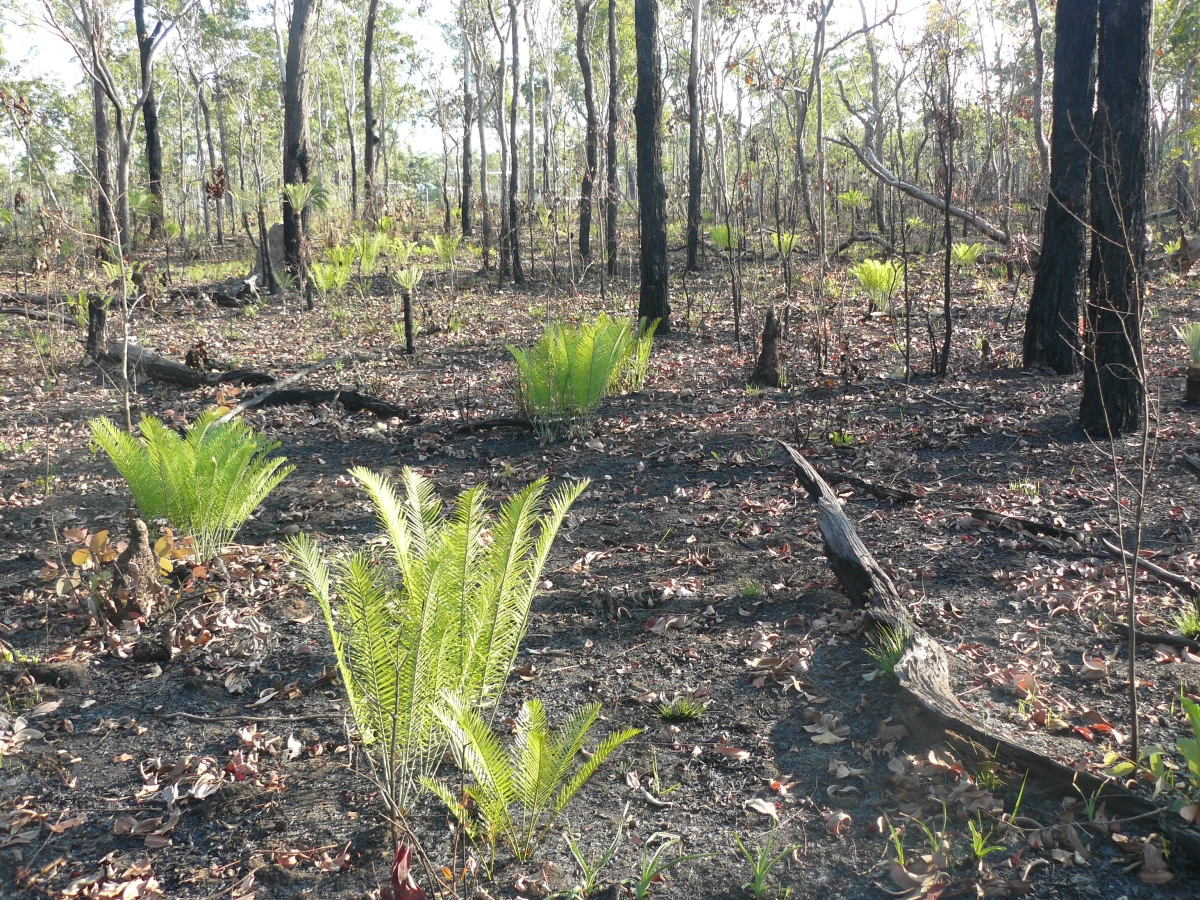I’ve written before about guidelines for co-authorship that I’ve formulated after years of accrued hit-and-miss experiences. Here, ‘hits’ refer to positive experiences (thankfully, the majority), and the ‘misses’ obviously refer to those times where co-authorship had become a contentious issue. While guidelines can go a long way to reducing the probability of nasty in-fighting occurring, there is never a water-tight approach that can avoid all problems.

However, the more I delve into multidisciplinary research that covers potentially controversial subjects, the more preparation for combatting future points of contention becomes necessary. What do you do when different specialists contribute material to a paper with which some other co-authors don’t necessarily agree?
Yes, this conundrum is real, and potentially flies in the face of the standard statement (and their variants) needed for most journal submissions these days:
All authors contributed to the article and approved the submitted version
Note, however, that the statement almost always includes the word ‘approved’ rather than ‘agreed with’. A subtle difference, I know, but it’s an important one.
This is where a pre-submission ‘Co-Author Agreement’ comes into play. Until quite recently, I have only ever prepared one such a document before, and that one was not terribly comprehensive.
But I’ve recently been working with a large, multidisciplinary group of specialists for which an official Co-Author Agreement made a lot of sense.
What is a Co-Author Agreement? It’s essentially a contract that prospective co-authors sign prior to submission of the manuscript to a journal so that potential disagreements can be dealt with more officiously down the track.
I looked for templates online and found a few that were suitable, and then modified it to our specific conditions.
I thought it might be a good idea to pass along a generalised template for a good Co-Author Agreement that you can modify according to your needs. I’ve broken down the content into sections:
Read the rest of this entry »







